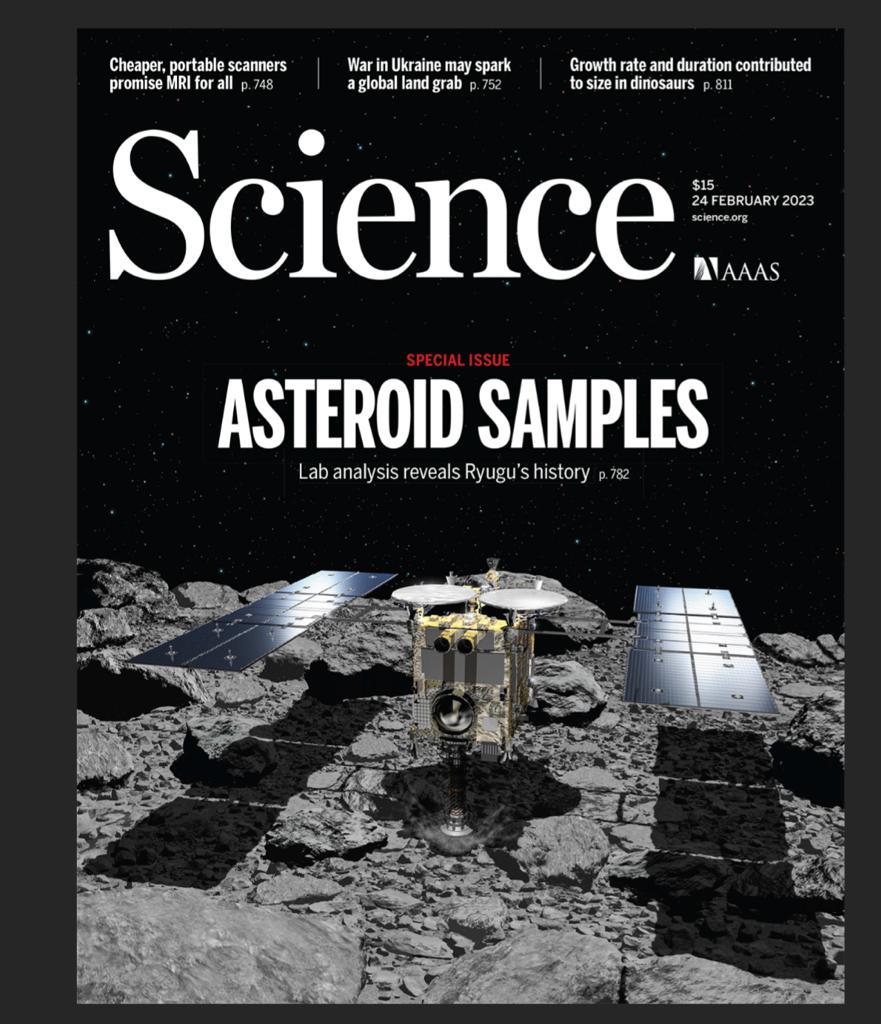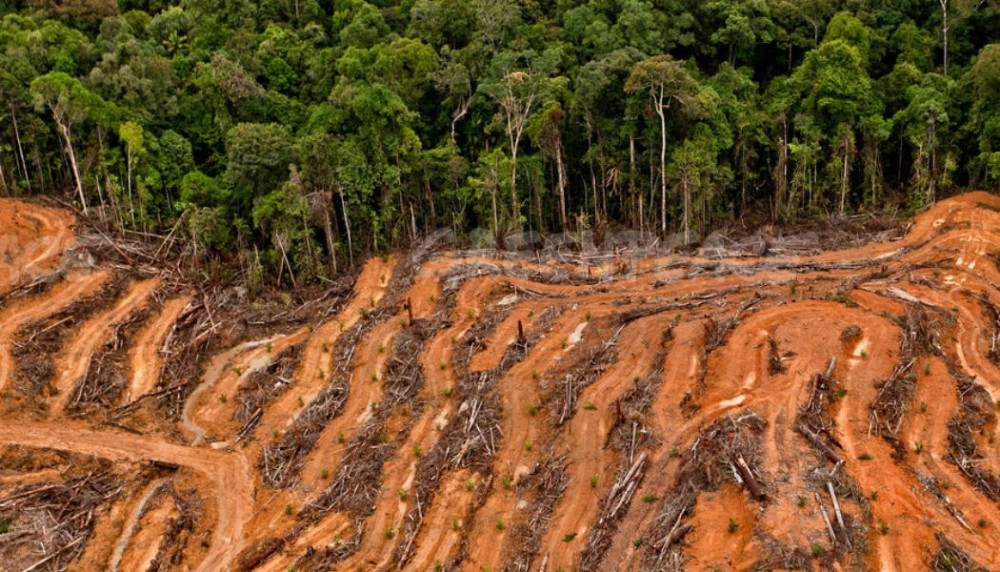Will war in Ukraine escalate the global land rush?
A new article by Jampel Dell’Angelo (VU Amsterdam), Paolo D’Odorico (UC Berkeley) and Maria Cristina Rulli (Politecnico of Milano) has been published by Science on 23 February 2023, one year after the beginning of the invasion of Ukraine. The paper has been featured on the cover of the Science volume.
Click here for the free-access electronic reprint of the article.

Positioned within the context of Large-Scale Land Acquisitions (LSLAs), the new publication by Dell’Angelo et al. (2023) discusses the relationship between the ongoing war in Ukraine and the global land rush. LSLAs are defined as “acquisitions of land of more than 200 ha, through concession, purchase, or lease, for agricultural production, forestry, energy needs, and other extractive and commercial purposes”, with predominance in low- and middle-income countries. What is more, Dell’Angelo et al. uncover the “structurally exploitive and socio-environmentally unjust features of LSLAs” discussed in a growing body of literature, including phenomena such as dispossession of traditional users, violence, water appropriation, and deforestation.
The surge in transnational LSLAs has been particularly acute in the aftermath of the 2008 financial crisis. LSLAs have attracted strong scientific and societal concern which, suggesting that these acquisitions should be deemed neo-colonial land grabs. As defined by the International Land Coalition (ILC), land grabs refer to LSLAs that “violate human rights; are not transparent; do not seek free, prior, and informed consent; disregard social, economic, and environmental impacts; or are not based on democratic planning and participation”.
The new paper published in Science argues that war in Ukraine will fundamentally escalate a new wave of land grabbing.
“We argue that the devastating impacts of the Russian invasion of Ukraine will go well beyond the region and have important global cascading effects on rural development, particularly in low-income countries. Based on our research experience and a number of manifesting signals we expect to see a new surge of large-scale land acquisitions (LSLAs) by powerful agribusiness corporations; we are concerned about the social and environmental aspects such as dispossession of rural communities and deforestation” says Jampel Dell’Angelo (VU University of Amsterdam), lead author of this study.
Similarly to previous spurts in LSLAs, the post-2008 global land rush was foreshadowed by “increasing prices of food, energy, and fertiliser associated with decreasing supply and/or rising demand”. Since the invasion of Ukraine, growing evidence of increasing pressures on land have become apparent, with signals including the ongoing escalating prices considered as a potential early indicator of anticipated rise of LSLAs.
“The war in Ukraine will lead to a new global land rush that will affect the agrarian system worldwide. Our previous studies on this subject have shown that LSLAs often target forested land that is subsequently ‘developed’ through forest clearing, leading to habitat destruction, greenhouse gas emissions and loss of access to ancestral land by local populations that historically relied on these forests for fuelwood, food, or shelter” says Maria Cristina Rulli (Politecnico di Milano), co-author of this study.
Paolo D’Odorico (UC Berkeley) explains how this paper identifies some major responses that will impact the global agrarian system, including the expansion of crop production to uncultivated land likely at the expense of nature reserves or soil conservation programs; agricultural intensification in land that has already been acquired by agribusiness investors, and a new surge of land investments.
It should not be surprising that the effects of the war in Ukraine shall go beyond the Ukrainian borders. Decreased agricultural yields coupled with increased oil prices amongst other factors have taken a toll on global agricultural production. As argued by Dell’Angelo et al., growing concerns about food security will act as a trigger for further land grabbing, as new opportunities will be sought for large-scale, commercial agriculture.
Lastly, the article discusses the policy implications of the agrarian transition associated with this new wave of land acquisitions and invites decision-makers to question the fit of current global land and water grabbing governance arrangements (or lack thereof) and stresses the necessity to “empower local communities, support small-scale farmers, and develop effective and binding regulatory frameworks, institutions, and rigorous and strong land rights regimes”.
The authors of this publication acknowledge the funding received from the European Union’s Horizon 2020 research and innovation programme under the Marie Skłodowska-Curie Innovative Training Network NEWAVE. Prof. Dell’Angelo is the principal investigator (PI) and coordinator of NEWAVE Network working at the Institute for Environmental Studies (IVM) of the Vrije Universiteit (VU) Amsterdam, Netherlands. Prof. Maria Cristina Rulli and Prof. Paolo D’Odorico are primary academic supervisors at NEWAVE, affiliated respectively with our beneficiary organisation Politecnico di Milano (Italy) and the partner organisation University of California Berkeley (US).





